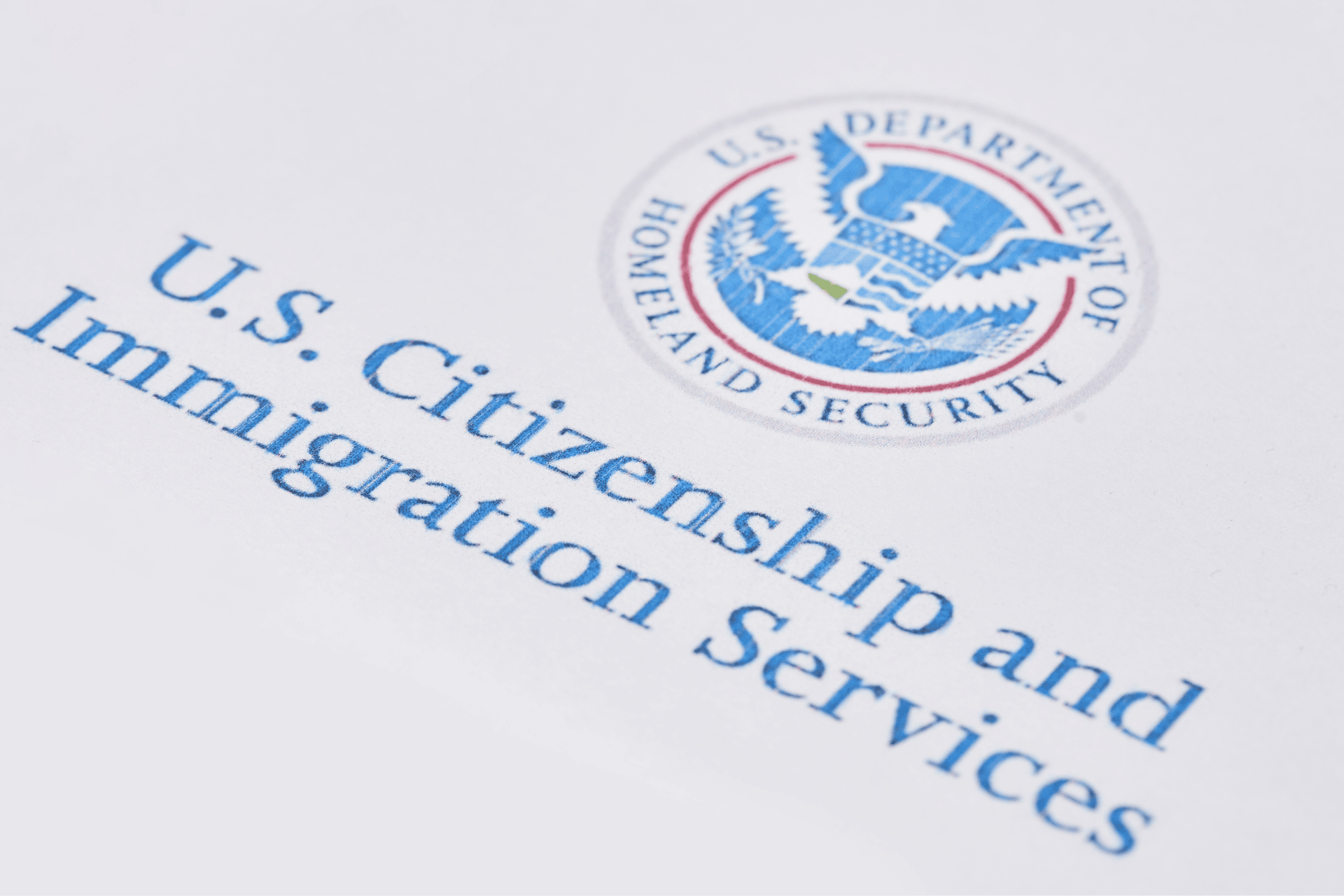The “public charge” ground of inadmissibility is a rule that prevents certain individuals from obtaining visas or becoming permanent residents if the government believes they are likely to rely on government benefits. The U.S. Citizenship and Immigration Service (USCIS) updated the rule to make it easier for them to address questions related to the public charge rule on Form I-485, the Application to Register Permanent Residence or Adjust Status. The update should also limit the need for additional Requests for Evidence.
The public charge rule usually applies to those applying for visas, admission, or adjustment of status, but not everyone is affected. The following groups who may be affected include:
- Nonimmigrants: Individuals applying for temporary, nonimmigrant visas for business or tourism. Those individuals can obtain a visa from a U.S. embassy or consulate or pre-travel authorization from U.S. Customs and Border Protection (CBP). However, when they arrive in the U.S., CBP will check if they meet the requirements, including the public charge evaluation.
- Immigrants: Those applying for immigrant visas abroad must also go through admissibility assessments, including the public charge rule, before receiving their visas.
- Certain Lawful Permanent Residents: Individuals who are already permanent residents and are coming back to the U.S. after traveling abroad are not typically subject to inadmissibility determinations unless they are considered applicants for admission.
- Applicants for Adjustment of Status: This rule applies to applicants for adjustment of status unless they are explicitly exempt. Certain categories of individuals applying for this status have to follow this rule, such as family-based, employment-based and other adjustment applicants.
There are certain groups that the public charge rule doesn’t apply to. For example, asylees, refugees, certain military members, victims of human trafficking, and certain noncitizens under other laws are exempt from this rule.
Even if an individual is exempt, under some circumstances, they might still have to submit Form I-864, the Affidavit of Support. For example, noncitizens applying for a status change based on a work petition filed by a relative or a company where a relative has a significant ownership might need to submit this form.
If you have questions about the Public Charge rule or any other immigration issue, please contact us. We stay updated on changes in immigration rules to keep our clients informed every step of the way.

